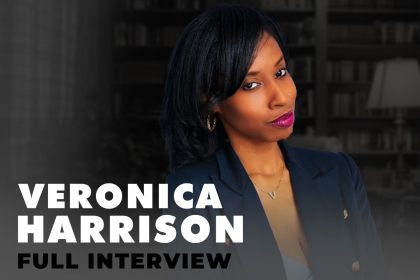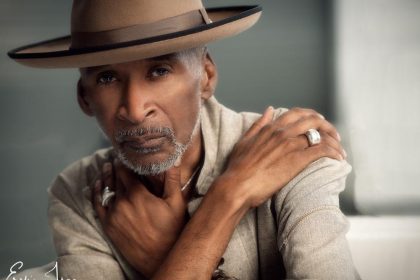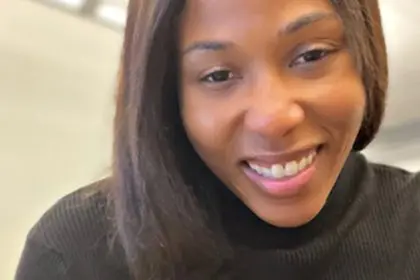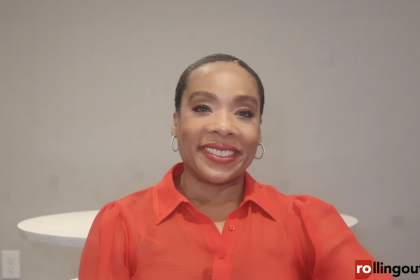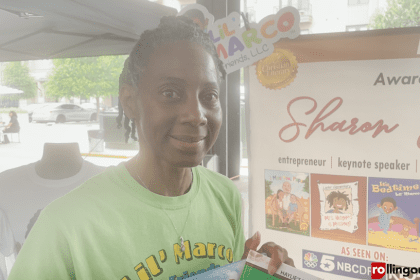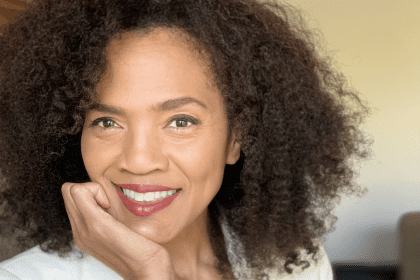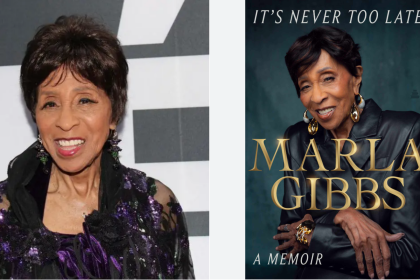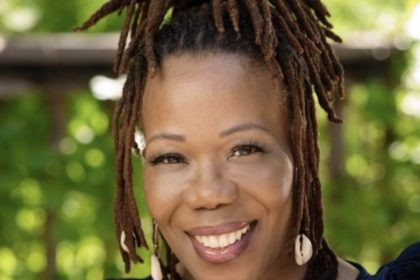In a world where diversity, equity and inclusion are at the forefront of debates, Crystal Foote uses real-world examples to convey to readers the impact diversity has and encourage children and adults to make a difference. Foote released her debut book, The Inclusivity Superheroes: A Tale of Diversity and Unity, a call to action for children, parents, and all to engage in conversations about the importance of diversity and unity.
Why did you want to write this book?
Being a mom of two kids, every day, when I wake up until I go to sleep, I think about them. Everything that I do is for them. I asked myself what I could do to make sure that when they are growing up in this world, they don’t go through the same struggles as I went through in corporate America or even my personal life as well because of my skin color or because of my gender. So I decided to write the book.
How would you describe diversity, equity and inclusion to children?
I would say, imagine yourself on a playground, where you have everyone that looks like you and everyone that speaks like you. Everyone basically plays the same games as you. Then you have new friends that come on the playground that show you magical things, things that you’ve never seen before. These people don’t look like you, but they’re introducing you to things that are so amazing that you want to partake in them. That is what inclusivity is about. It’s about really seeing other people from other backgrounds and them showing you about their world and you being involved with that. I would say it’s just like a playground where you have different friends of different backgrounds who may not look like [you], but you really enjoy each other because of what you all can play and partake in.
Why is DEI more important for kids to know than adults?
What is mind-blowing to me is that the individuals causing a fuss about it aren’t coming from underrepresented communities. They don’t know how it is to be on the other end of not getting funding, not getting positions in corporate America, or not going to certain schools because they have always lived a privileged life. So, because they didn’t grow up with this book, they don’t understand what inclusivity means. They don’t understand the power of DEI.
It’s really heartbreaking to see people’s opposing views towards it because also, if we want to just look from a numbers standpoint and a revenue standpoint, and data, you can see that organizations in schools that are diverse have the highest rates of return and highest growth of revenue because they have fresh perspectives from different groups of people. The ones that don’t, they suffer. They don’t know how to pivot, because everyone is thinking the same, and no one’s coming from diverse backgrounds. Sometimes, those companies also have to spend a lot of money to hire outside firms to help them with that.
At the end of the day, DEI is very near and dear to my heart because I am in an industry where it’s being impacted. I just want to say for those organizations who are rethinking that, don’t rethink it to get rid of it; rethink it to make it better.

